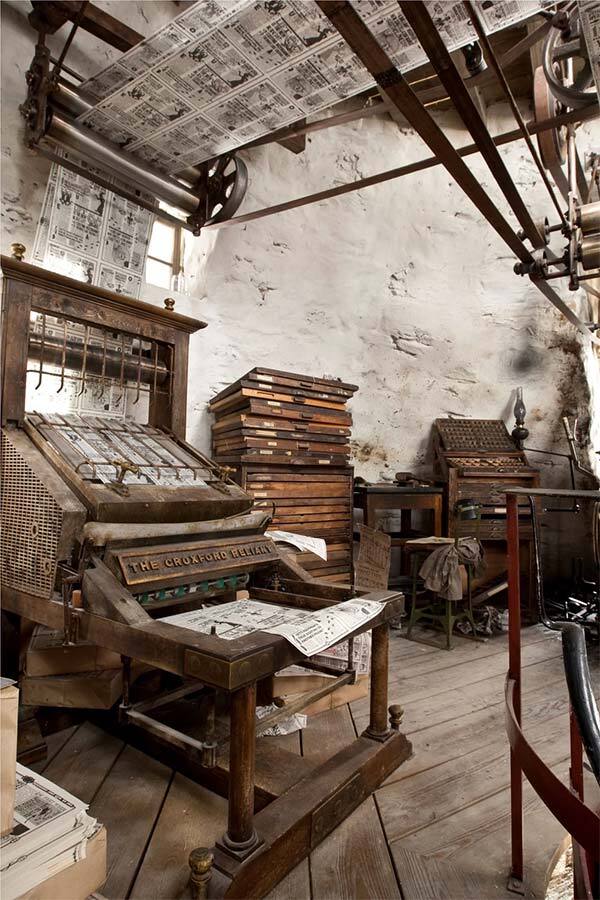
Should Trustees take professional communications help?
Last week, Professional Pensions publicised the results of its ‘Pensions Buzz’ that asked the question ‘do trustees need professional help with communications’?
I’m not sure whether copyright restrictions allow me to reveal the results (although you can take a look for yourself right here) but I’ll admit to a few pangs of anxiety before the ‘big reveal’.
I mean, what if the consensus was ‘no’?
Could this usher in a new age of ‘homemade’ or ‘DIY’ member communications in which trustees cranked out member benefit statements by hand using an old-style print press like the Croxford Reliant?
Happily, I needn’t have worried.
And that’s good news because, having been involved with the communication of pensions (and other employee benefits) for, ahem, almost 30 years, the question whether or not trustees need professional help with communications simply hasn’t come up. Not once…
Naturally, that’s largely due to the disclosure-driven requirement to communicate. It’s not as if it’s a matter of choice for trustees.
But equally it’s been a matter of access to appropriate and expert resources.
Even if trustees have to send printed matter to some or all members every year, buying and running their own print press isn’t really a viable option. Similarly, if they want to make information available on the new-fangled interweb, Trustees probably don’t want to create and populate their own ‘web-development and maintenance sub-committee’.
So getting help to do what needs to be done makes a lot of sense and, in this context, trustees have ALWAYS needed professional help to communicate with members.
The real question being asked by Pensions Buzz is probably more around the nature of the communications advice given to, and agreed by, trustees.
I've mostly spent those 30 years offering advice to trustees not about whether to communicate with members, or even about what to communicate to them, but rather how to communicate with members.
There was a big shift with the rise of DC, and the recognition that members had to make decisions that could and often would materially affect the quality of their life in retirement. Eventually, DC communication became more about inspiration and less about information as the challenges of helping ‘normal people’ (and that excludes just about everyone reading this article) get their heads around ‘pensions stuff’ became clearer and more acute.
Since the introduction of Pensions Freedoms four years ago, the same challenges have been becoming increasing clear in the DB context too and how trustees view DB communication is evolving as a result.
No self-respecting trustee would dream of failing to seek appropriate professional advice in matters of investment or actuarial valuation. A few may challenge that advice, but I suspect that number is microscopic in comparison to the challenges received in respect of communications advice.
It’s understandable. We live in the communication technology age and we all communicate all the time; so it’d be crazy to think that anyone has no opinion on what is good, or bad, communication.
But, as with actuarial and investment advice, the key to success in terms of ‘doing the right thing’ is listening to appropriately expert advice.
For example, over the years, I’ve lobbied trustee groups to carry out detailed member research many, many times. More often than not, that advice has not been accepted. Sometimes, but not always, for good reasons. But in every instance where member research has been done well, the results have been unexpected and hugely helpful in terms of making member communications more effective. Every instance.
Do trustees need professional help to communicate with members? Yes, absolutely.
But, if trustees really want to help members try and get their heads in the complicated, boring and slightly scary pensions game, then those trustees need professional communications advice at least as much, if not more.

